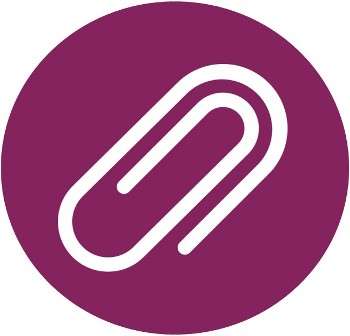
DHS 35
Resources for Outpatient Mental Health Clinics
Site last updated: January 17, 2012
Thanks to our strategic connections, WAFCA stays on top of policy changes and helps those in our network to navigate through with confidence. If you find these resources from 2012 helpful, our Communities of Practice will be a great fit. From HR to Clinical Supervision to Financial Leadership, these groups meet regularly and plug into the collective wisdom of WAFCA staff and member agencies throughout the state. Learn about other WAFCA member benefits here.
This website serves as an information "hub" for Licensed Outpatient Mental Health Clinics regarding the requirements under the DHS 35 and the resources available to inform and assist clinics in their efforts to come into compliance. The samples on this site are to help you think through what is necessary for your clinic and the population you serve. They were developed in 2011-12 through a collaborative workgroup organized by DHS.
Suggestions/Questions regarding this website and/or the materials provided here may be directed to one of the DHS 35 Contacts listed here.
Considerations regarding use of the documents on this website:
- Outpatient mental health clinics must comply with the requirements in DHS 35 and other applicable statutes and regulations.
- The model policies/procedures and forms provided on this site were developed by the Wisconsin Association of Behavioral Health Providers, Inc. and the Wisconsin Association of Family and Children's Agencies (WAFCA) with input from Dan Zimmerman and Mark Hale (Department of Health Services). The purpose of clinic policies is to provide direction to staff members regarding regulatory compliance and to effectively and efficiently meet the needs of the clinic’s consumers. Of course, it is also important that well developed policies and procedures are implemented appropriately and that clinic staff's compliance is monitored.
- Outpatient mental health clinics may adopt or adapt the policies/procedures and forms as they wish. However, it is important to note that the adoption of these documents does not guarantee compliance with DHS 35. As you review these model documents , consider how they should be modified to:
- meet the needs of your clinic and consumers; and
- reflect changes over time due to changes in the needs of the clinic and its consumers.
- Assessment and treatment plan forms are merely tools designed to remind clinic staff members of common data elements that should be included in a consumer's assessment or treatment plan. An assessment or treatment plan form that ensured every possible question/issue is addressed for all age groups, all cultural groups, all diagnoses and behavioral issues, etc. would be an unwieldy tool. Therefore, clinic staff members need to understand that they may need to ask questions not included in the form, as part of their due diligence to identify a consumer's strengths, needs, and recovery goals.
(All documents are posted in Microsoft Word 2003 unless otherwise noted. If you receive a "login" prompt when you are trying to save one of these documents to your computer, hit "cancel" in the login box to proceed.)
|